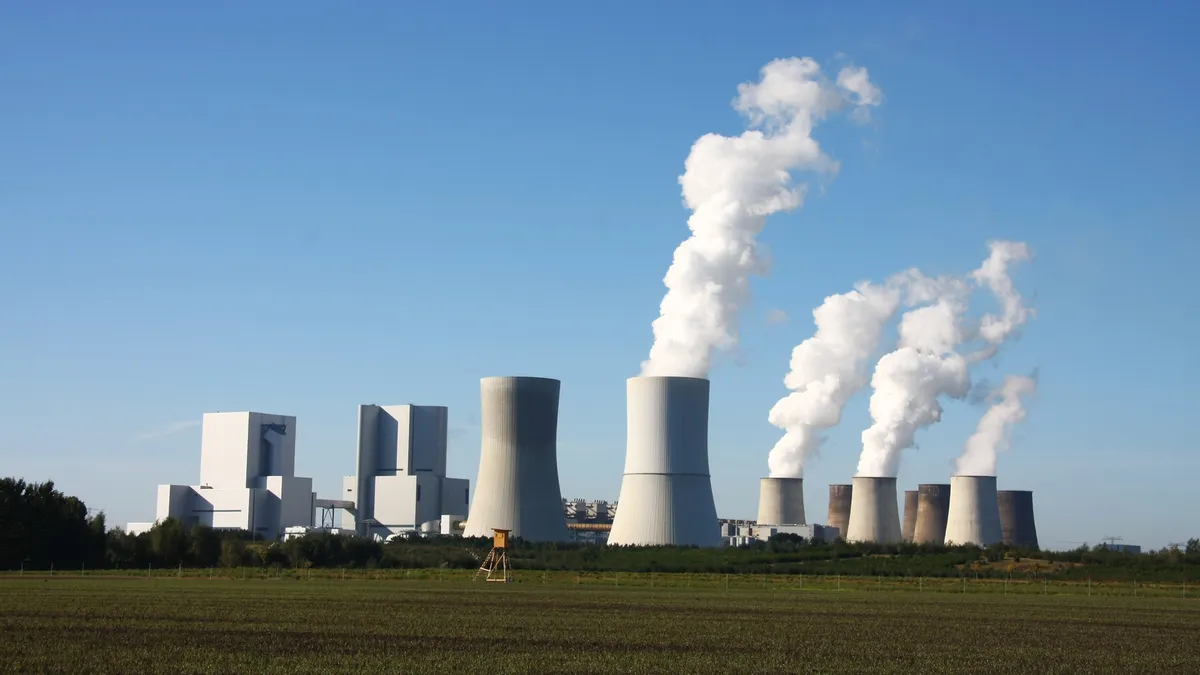Dive Brief:
- In cautious terms, Xcel Energy has floated the idea of closing down its Prairie Island nuclear plant in Minnesota, calling for study into the facility's costs amid low gas prices and higher regulatory expenses.
- According to SNL Energy, Xcel has asked regulators for authorization to spend a year and a half looking at the costs of Prairie Island as part of a "deliberate and thoughtful dialogue" on its future.
- But environmental advocates say the plant is necessary in order to keep carbon emissions in check, and the utility has indicated it believes a study will find the plan is still necessary to the state's low-carbon power supply.
Dive Insight:
Xcel Energy wants to begin a conversation about shuttering its Prairie Island nuke in Minnesota, just months after putting its carbon-free fleet at the center of a proposal to halt operations at some units in a pair of controversial coal plants.
SNL reports that after the Fukashima disaster and increased oversight from the Nuclear Regulatory Commission, Xcel estimates its predicted capital expenditures for the nuclear plant during 2016 to 2020 has risen by about $175 million more than estimated in 2012.
While so far it does not appear the utility is pushing for closure, and environmentals say the utility's nuclear plants are necessary to controlling emissions, there are rising concerns about the costs to operate Prairie Island as well as competition from cheap natural gas.
In a submission to the Minnesota Public Utilities Commission, the utility opened the door to closing the plant:
"We believe that Prairie Island continues to benefit our customers by producing cost-effective, carbon-free baseload energy that is a keystone to our carbon-reduction goals and a bridge to additional renewable development in the future. ... We recognize, however, that it is impossible to perfectly forecast costs for the remaining 19 years of Prairie Island's licensed life."
SNL reports that Bismarck Tribune was first to notice the statement tucked into a Jan. 29 filing.
Barring significant energy storage in the state to help integrate more renewables, Xcel and environmental advocates say taking Prairie Island offline would lead to an increase in emissions.
Minnesota Center for Environmental Advocacy Energy Program Director Leigh Currie told SNL that "Xcel's plan results in carbon reductions on Xcel's system of approximately 60% by 2030 and we understand that achieving this level of carbon reduction in this timeframe requires operation of Xcel's nuclear facilities through the end of the current licenses, or at least 2030."















